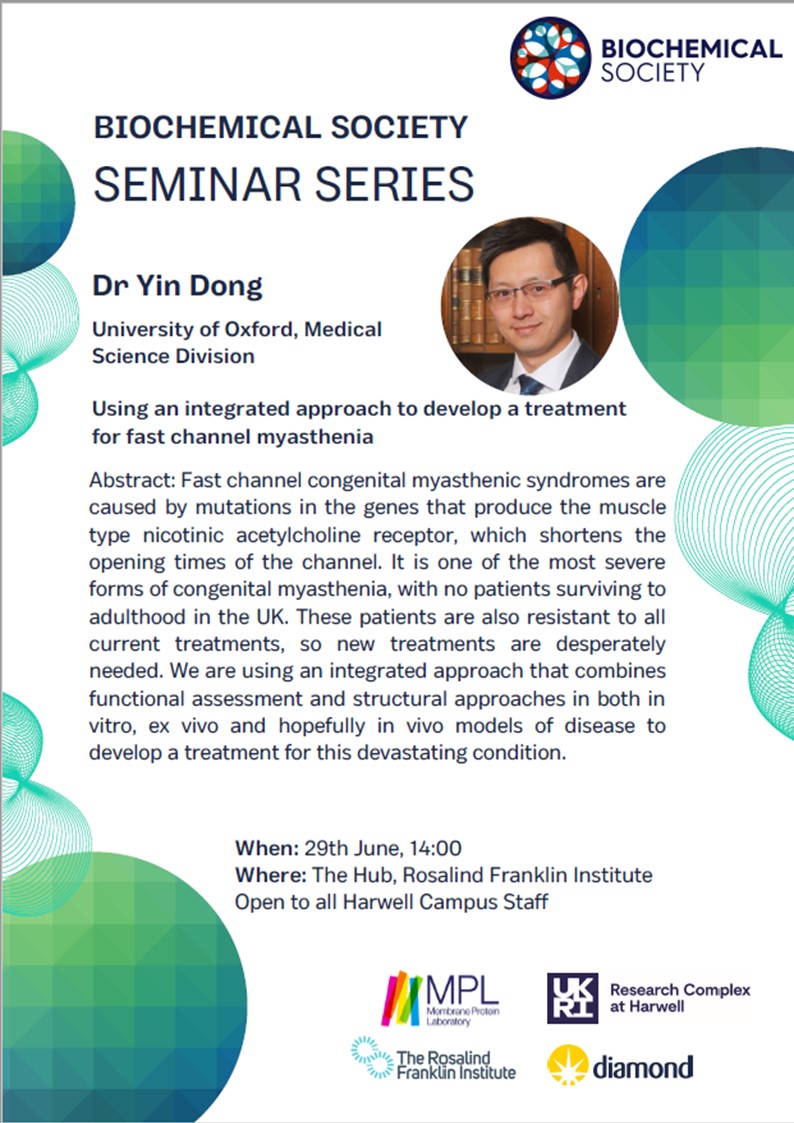Flaig Group at Diamond

overview
Epigenetic modifications (reversible, heritable genetic changes that occur without changes in DNA sequence) lead to chromatin remodelling, altered gene expression and changes in the cellular phenotype. They have therefore been linked to a number of pathologies, including cancer, cardiac disease, neurological disorders, infections and inflammatory diseases.
One epigenetic process is histone modification. This is important because gene regulation in eukaryotes requires the coordinate interaction of chromatin-modulating proteins with specific transcription factors. Gene activation and repression are specifically regulated by histone modification at distinct residues. Understanding these mechanisms can provide new and specific therapies for pathologies caused by these processes.
Structural characterisation and drug design of epigenetic regulators
Our research projects focus on two protein families that have been identified as potential therapeutic targets. One aim is to investigate the structure and function of proteins binding to histone-modifying proteins. A second aim is to structurally characterise potential inhibitors of lysine demethylases and histone acetylases and elucidate the structural and functional relationships between these proteins and potential small molecule inhibitors. This will help the process of using structure-based optimisation to find potential drug molecules for pre-clinical assessment. The project involves the use of established biochemistry and molecular biology techniques and structure determination by X-ray crystallography.
To find out the latest news about our group, please check Diamond Light Source's newsfeed.







